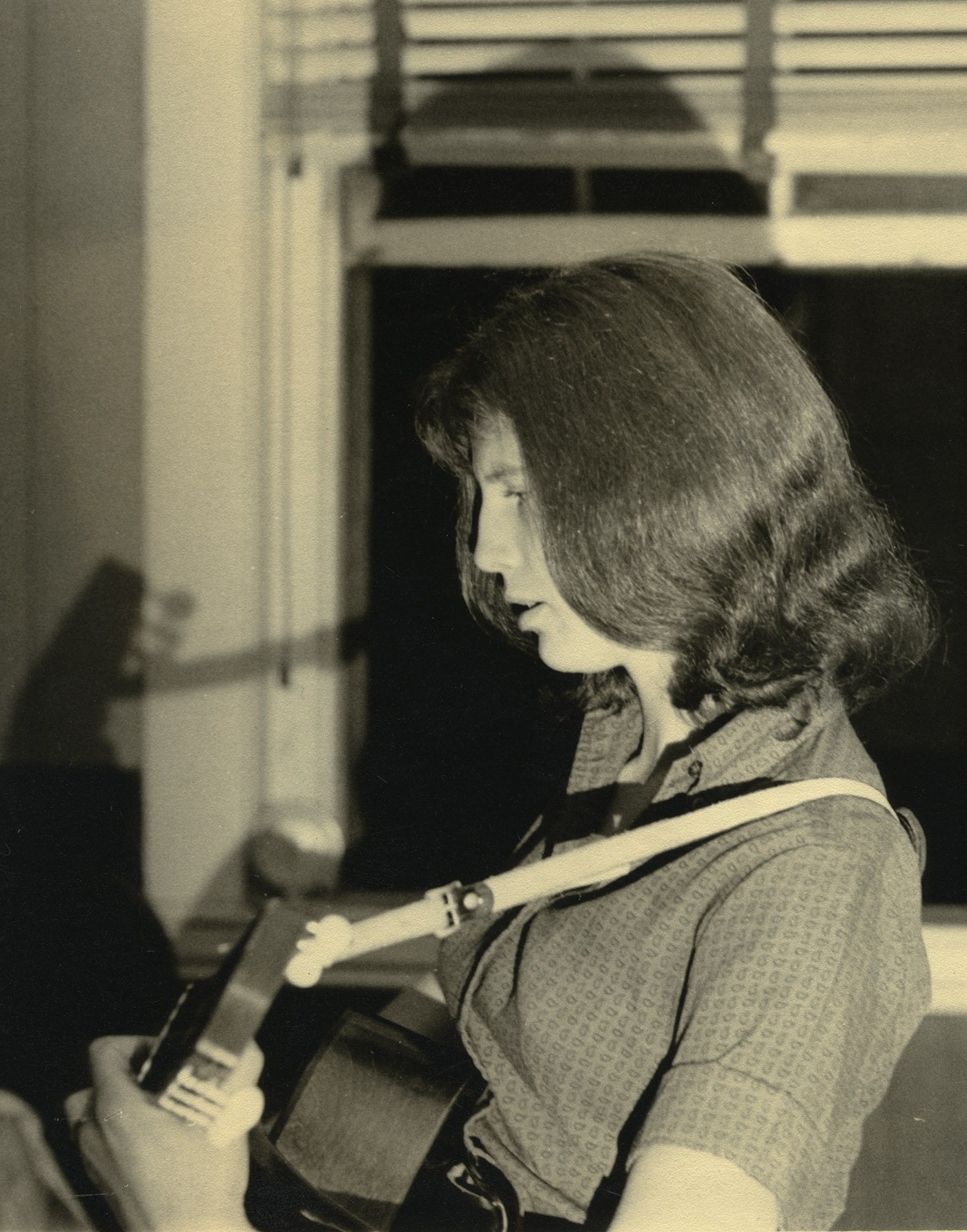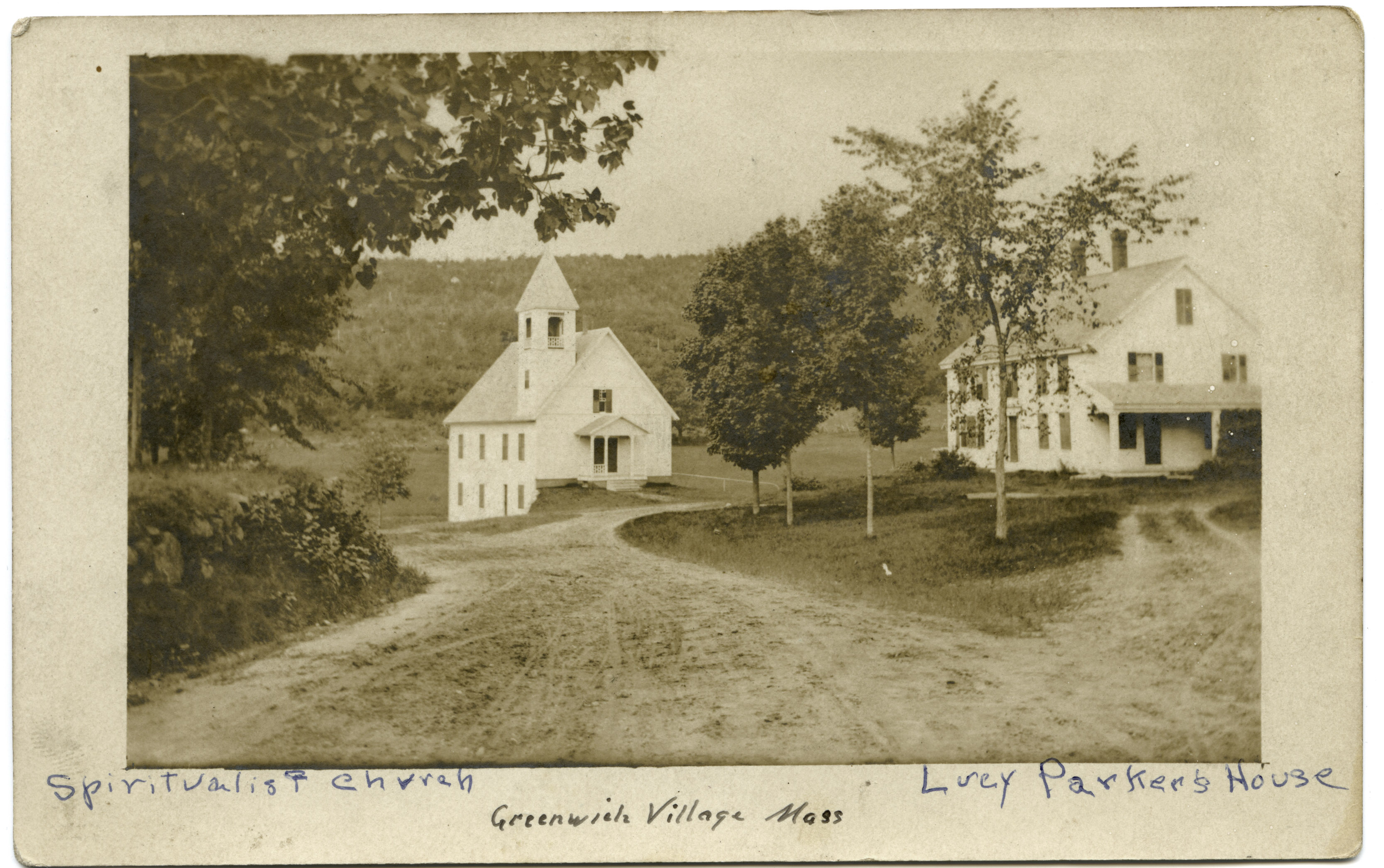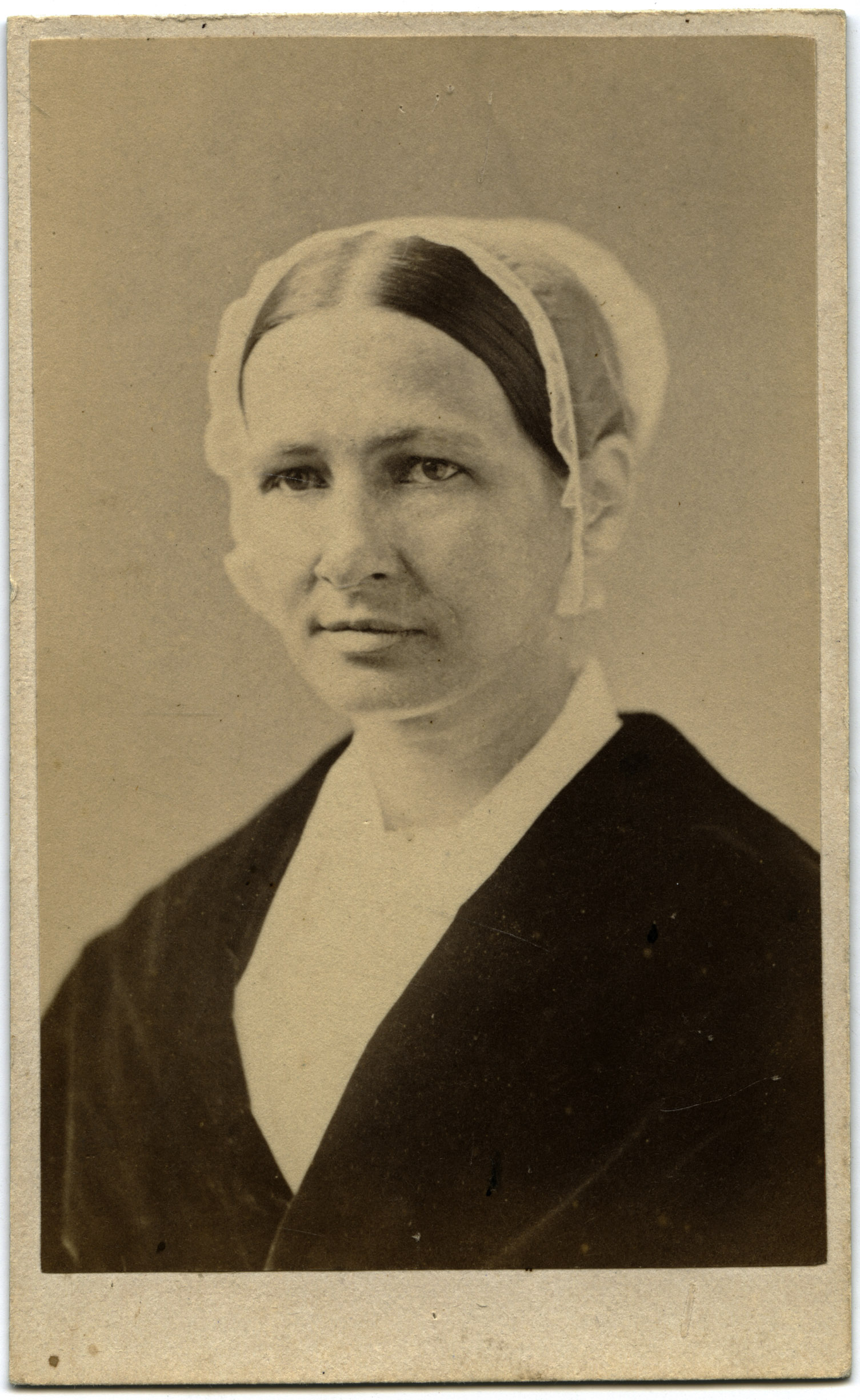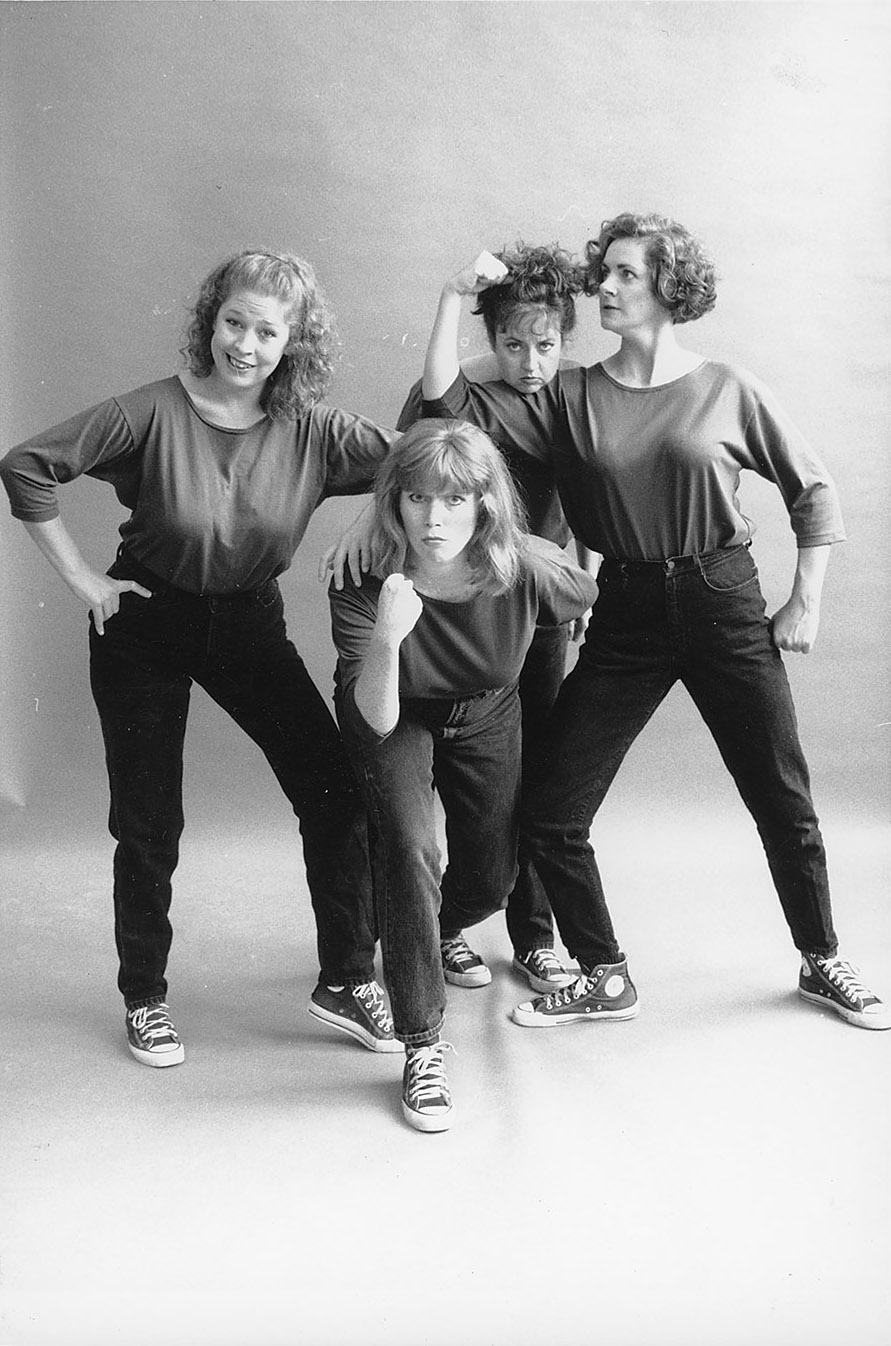Betsy Siggins Papers

A key figure in the New England folk revival of the 1960s, Betsy Siggins (nee Minot) entered Boston University in the fall 1958 just at the music was taking off. Along with her college friend Joan Baez, she soon left school for the lure of the bohemian musical scene in Cambridge. At the age of 20, Betsy married the banjo player for the Charles River Valley Boys, Bob Siggins, who was also a founding member of Club 47, the most important venue for folk music in the region. For musicians from Baez and Bob Dylan to Jim Kweskin, Eric Von Schmidt, and Jim Rooney Club 47 was a career launching pad and despite the segregation of the era, it was a place where white northern audiences first encountered African American and blues musicians. Siggins worked full time at Club 47, filling a variety of jobs from office work to waitress to art gallery manager, eventually becoming program officer, arranging the schedules for musicians booked by Rooney or Byron Linardos. After Club 47 closed in 1968, Siggins went on to work for a succession of not for profit organizations, including the Smithsonian Festival of American Folklife and for programs for the homeless and poor.
The Siggins Collection contains important materials on Club 47 and its successor, Club Passim, including business records, ephemera, clippings, and some remarkable scrapbooks featuring performers such Joan Baez, Bob Dylan, and Richard Farina. The collection contains dozens of photographs (many taken by Charlie Frizzell), showing Siggins, her friends, and musicians at home, at Club 47, and at folk festivals in Newport, Brandeis, and Monterey. Of particular note in the collection is a remarkable series of 27 reel to reel tapes of performances at Club 47 featuring John Hammond, Doc Watson, Bill Monroe, Eric Von Schmidt, Jim Rooney, Jeff and Maria Muldaur, Jackie Washington, the Charles River Valley Boys, Joan Baez, and others. Additional material on Siggins and the Minot family was retained by the Cambridge Historical Society.






